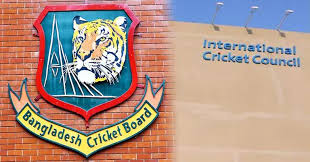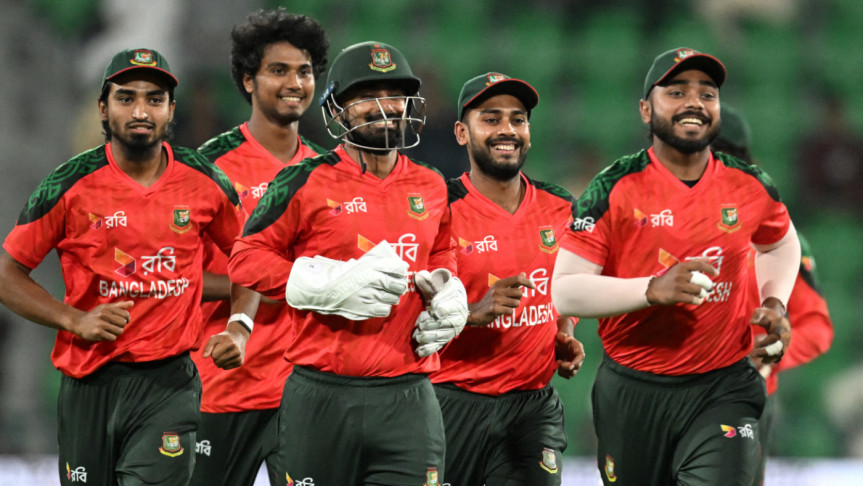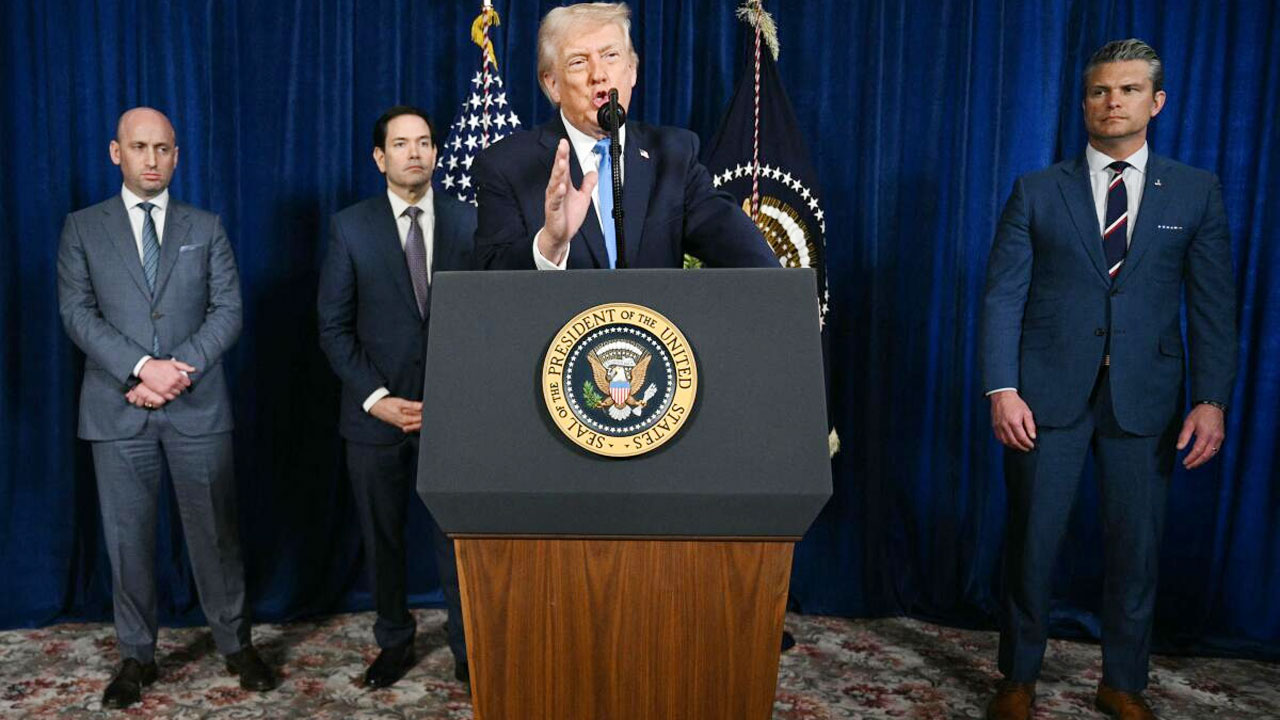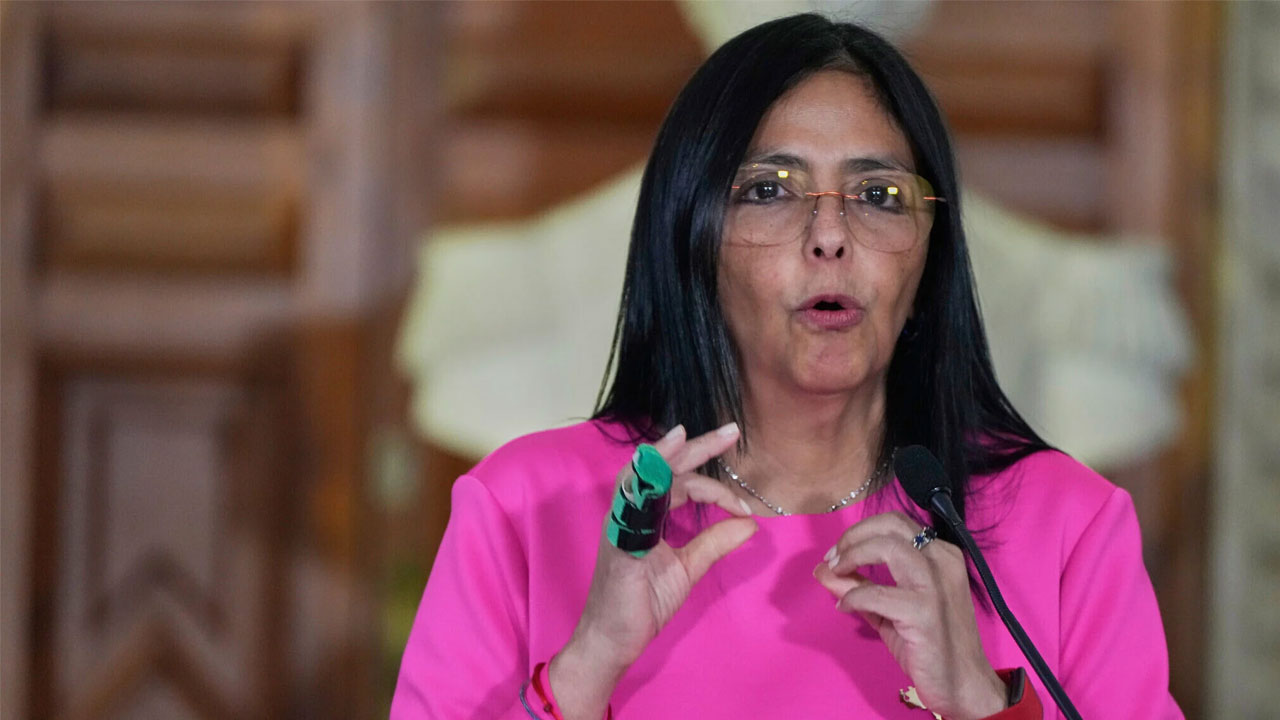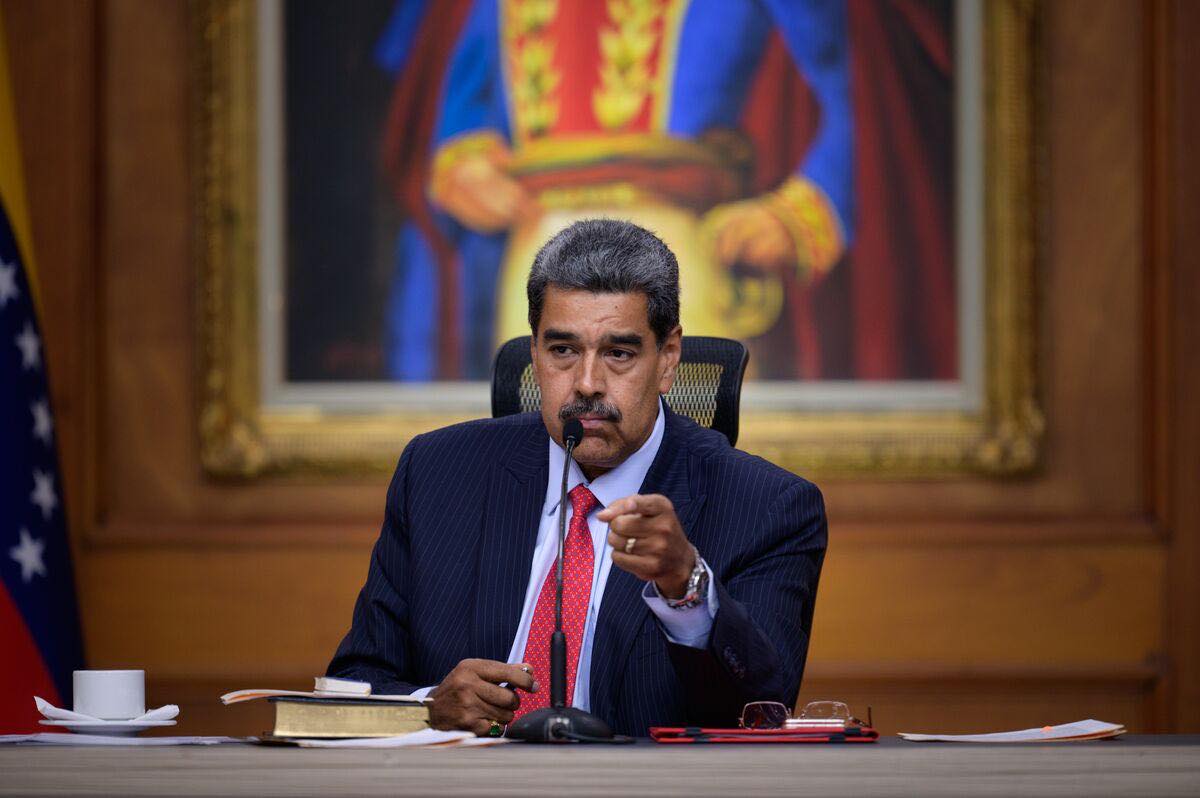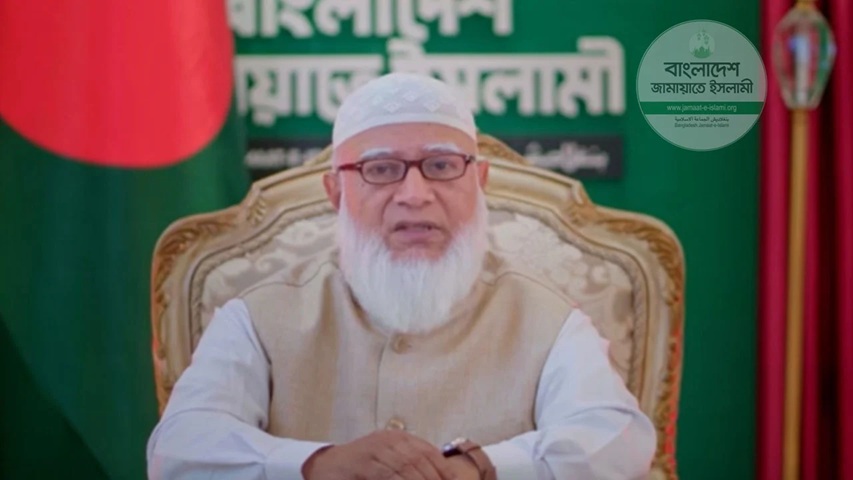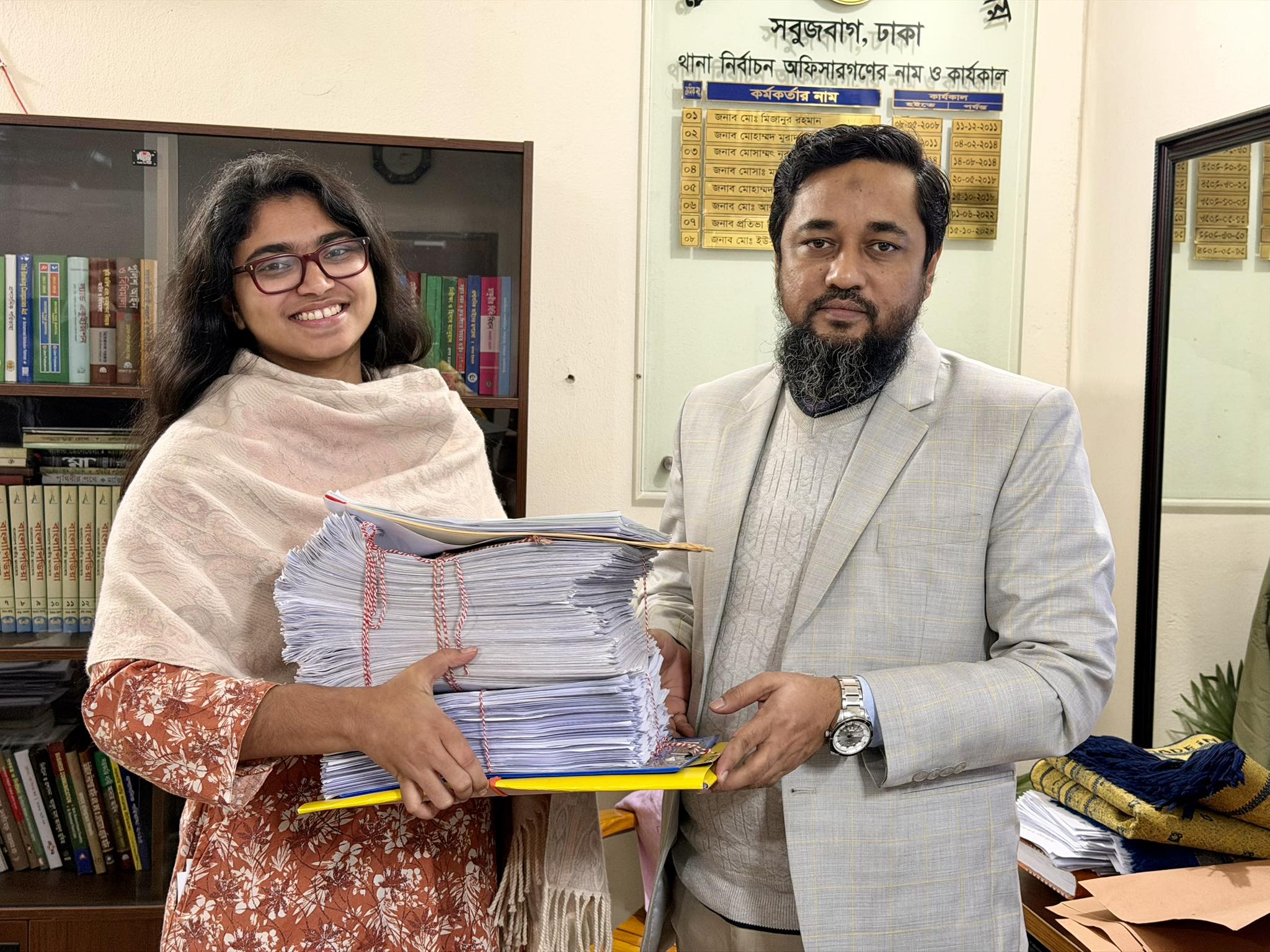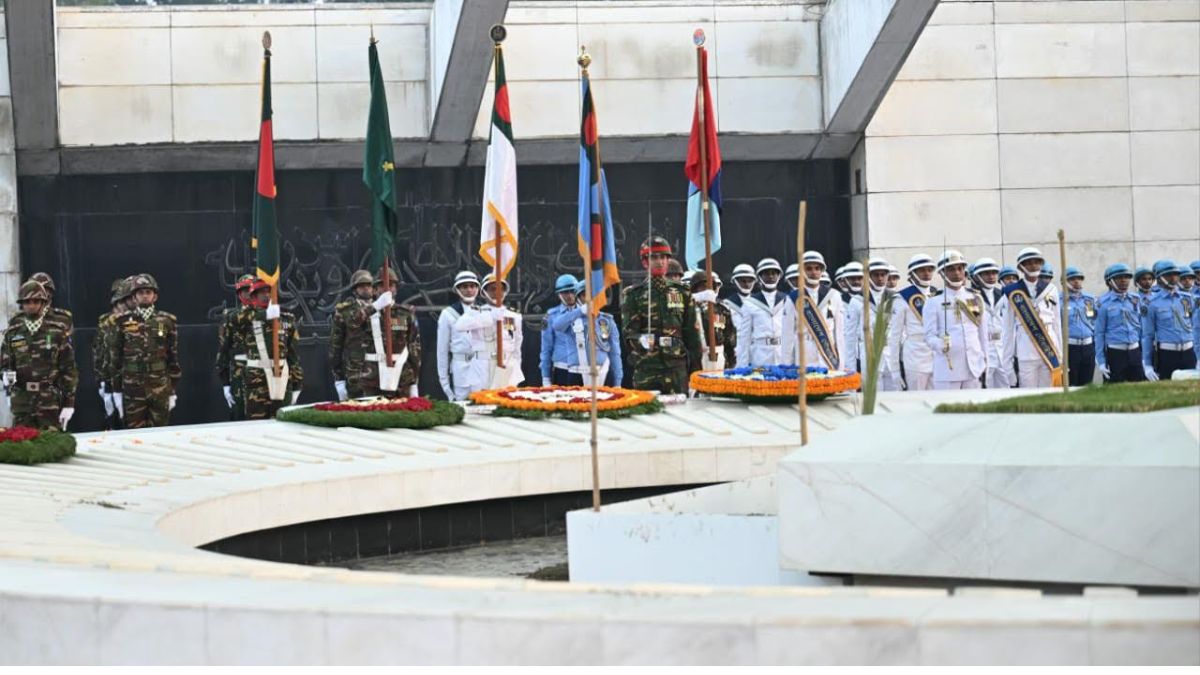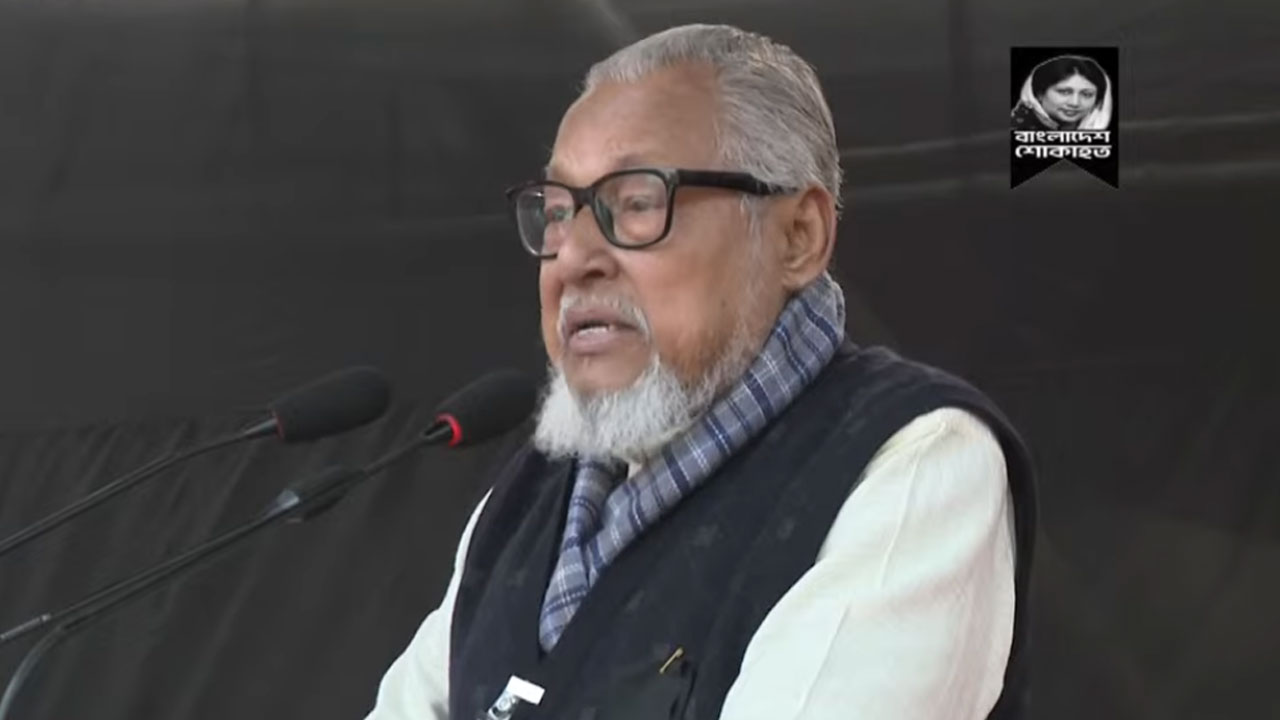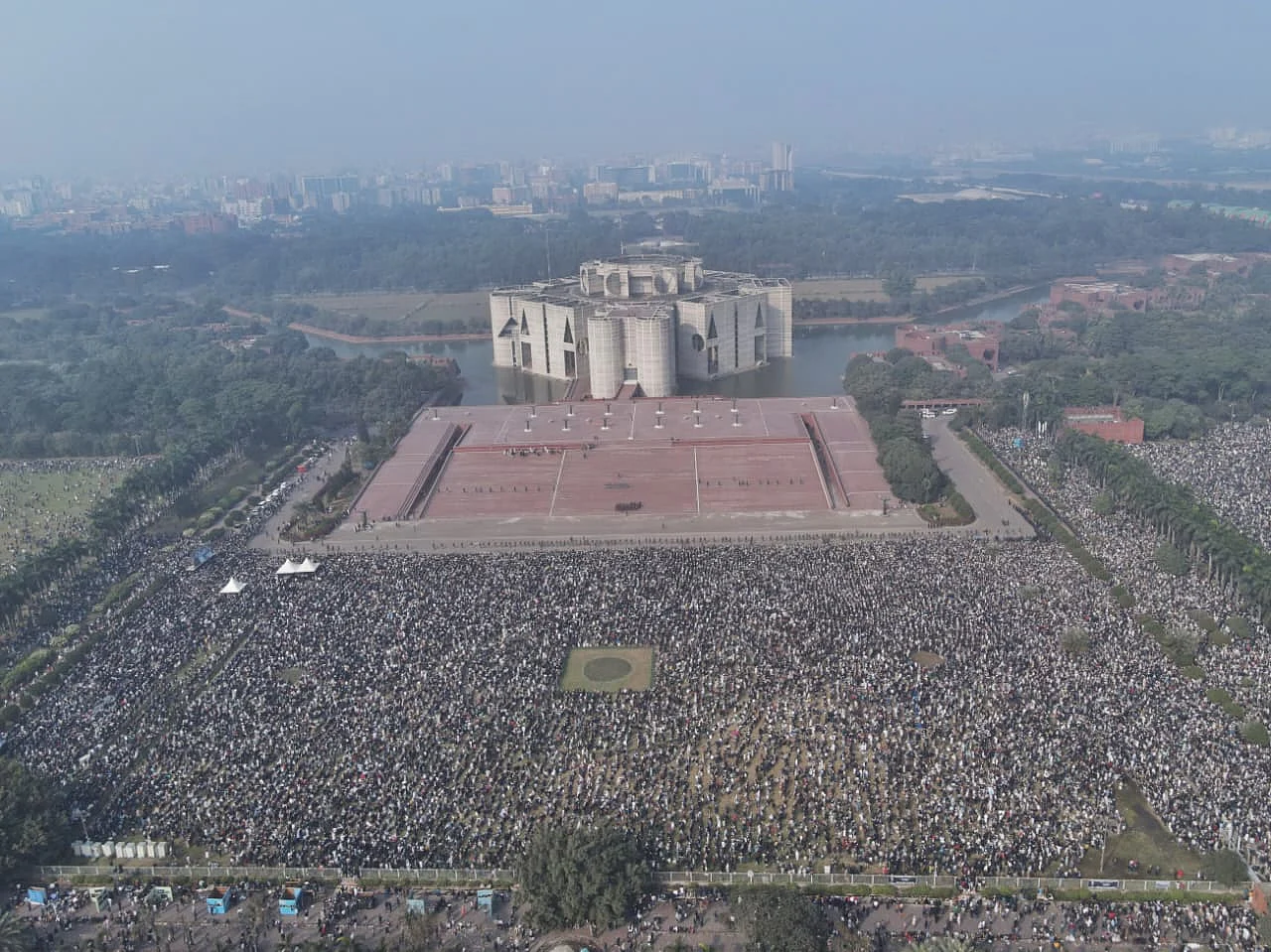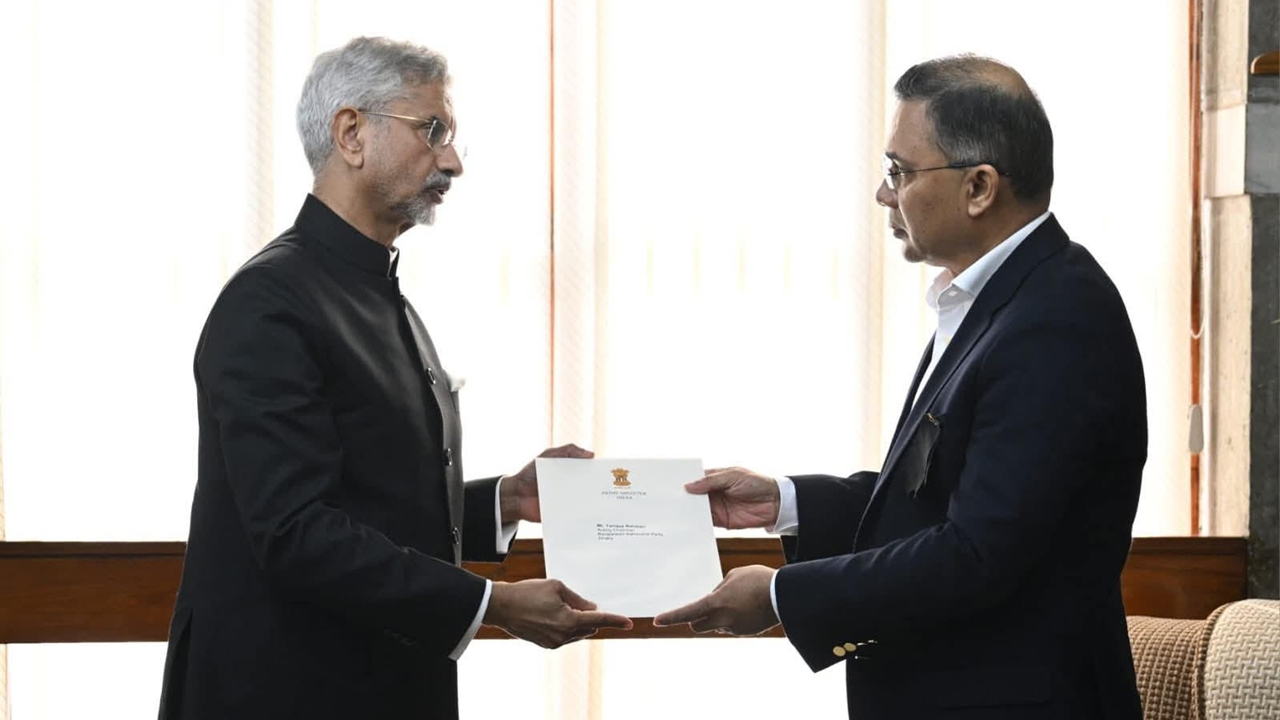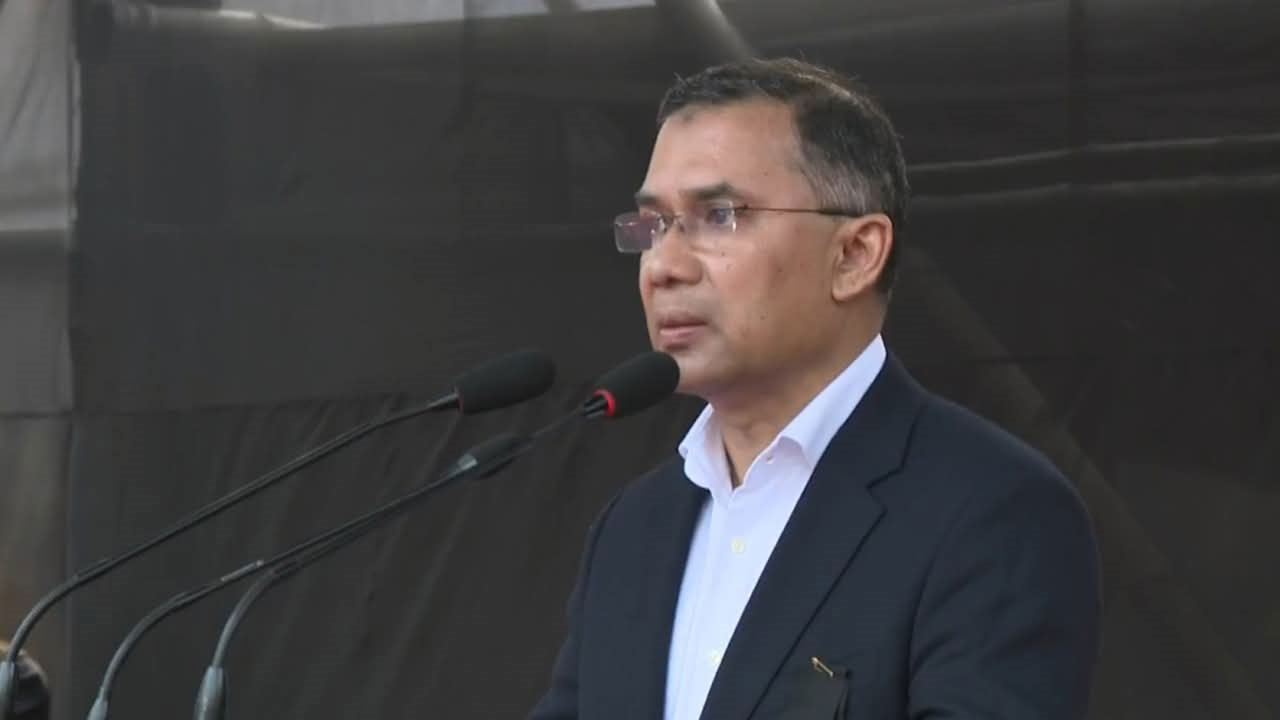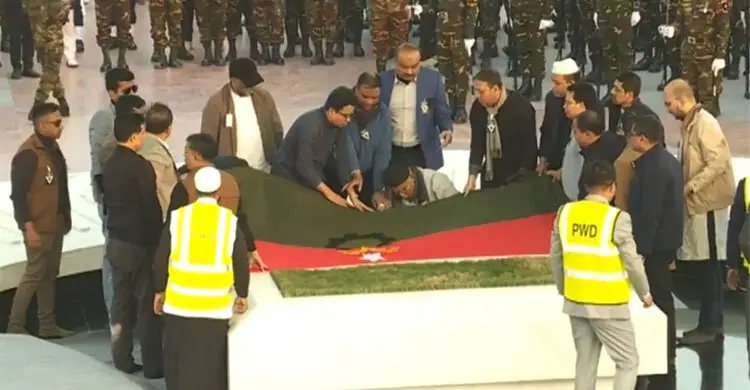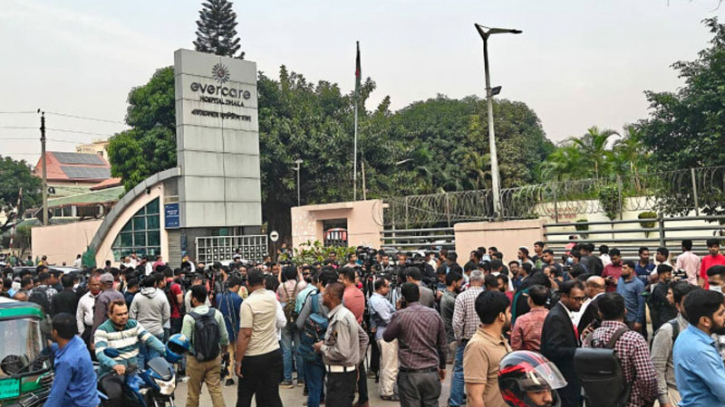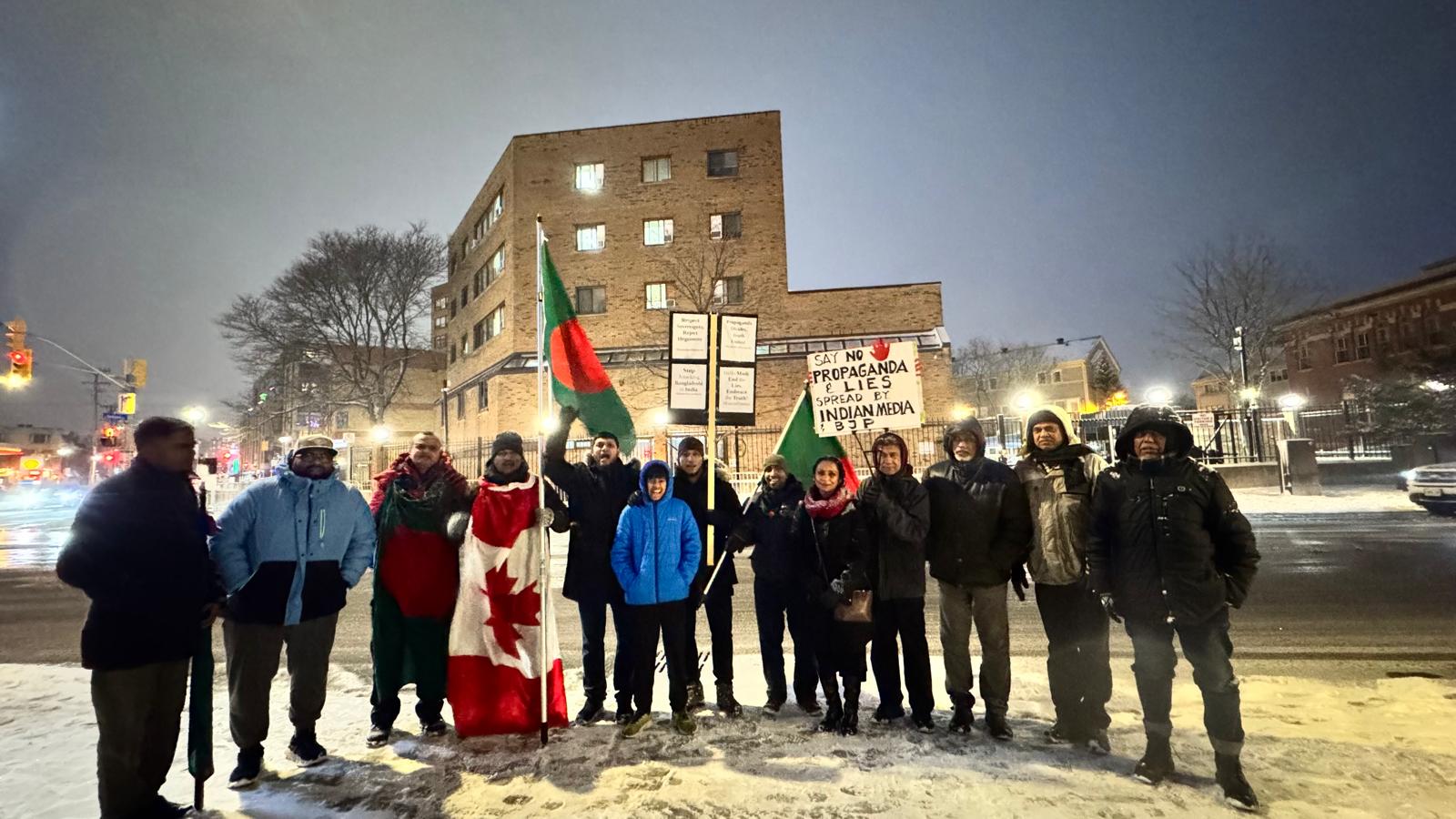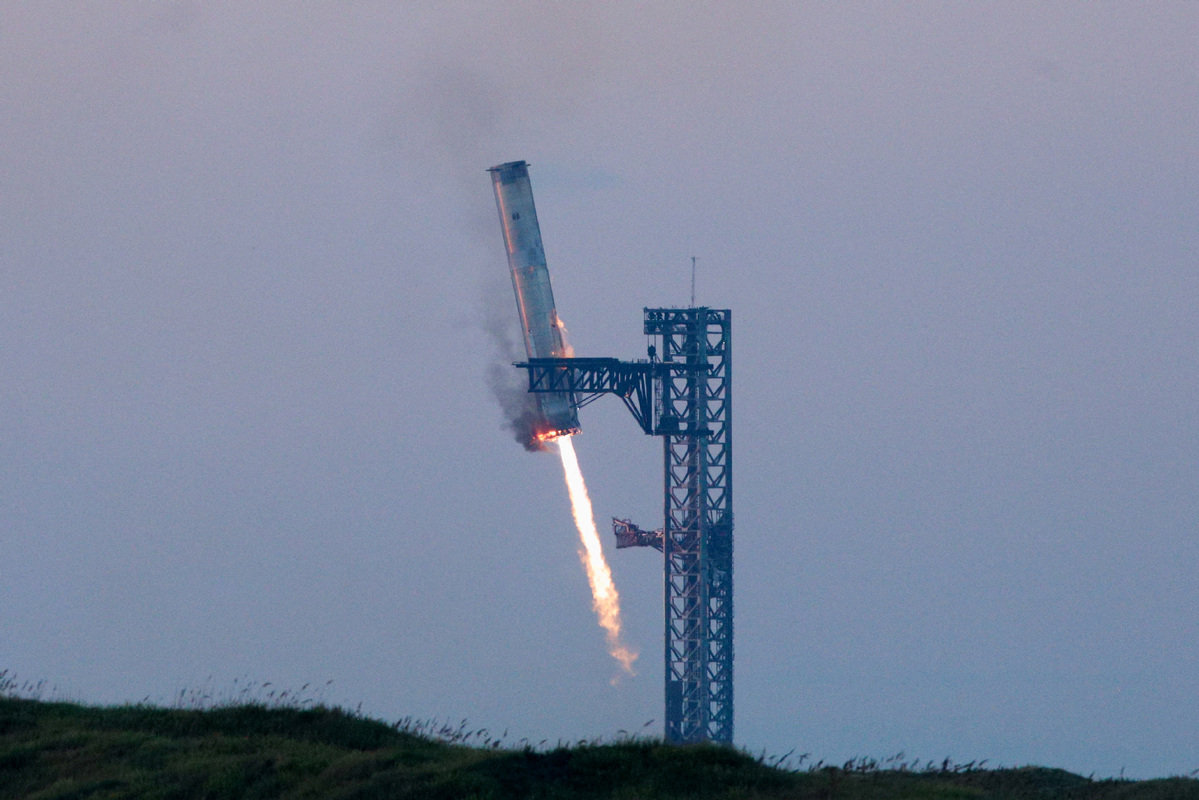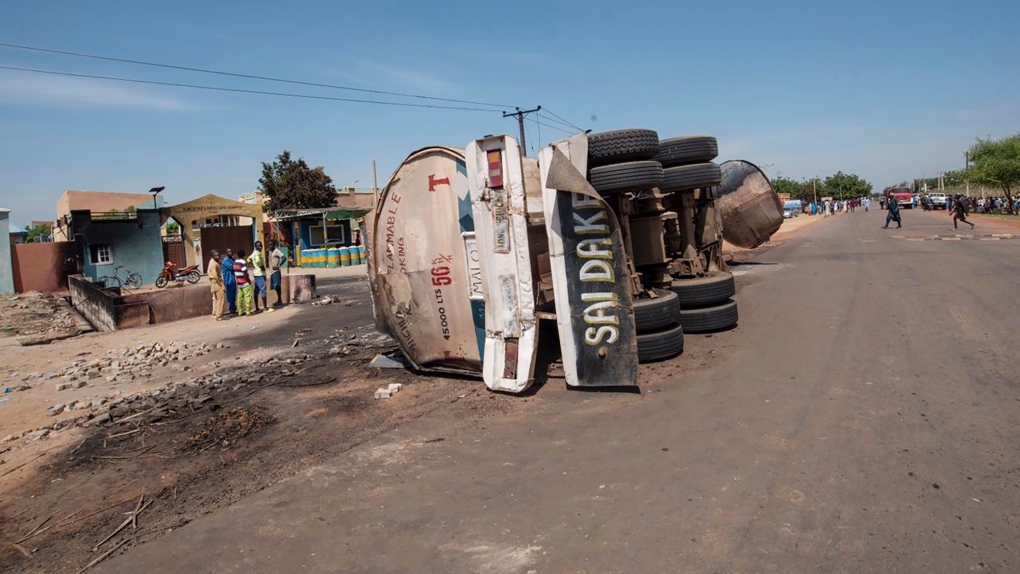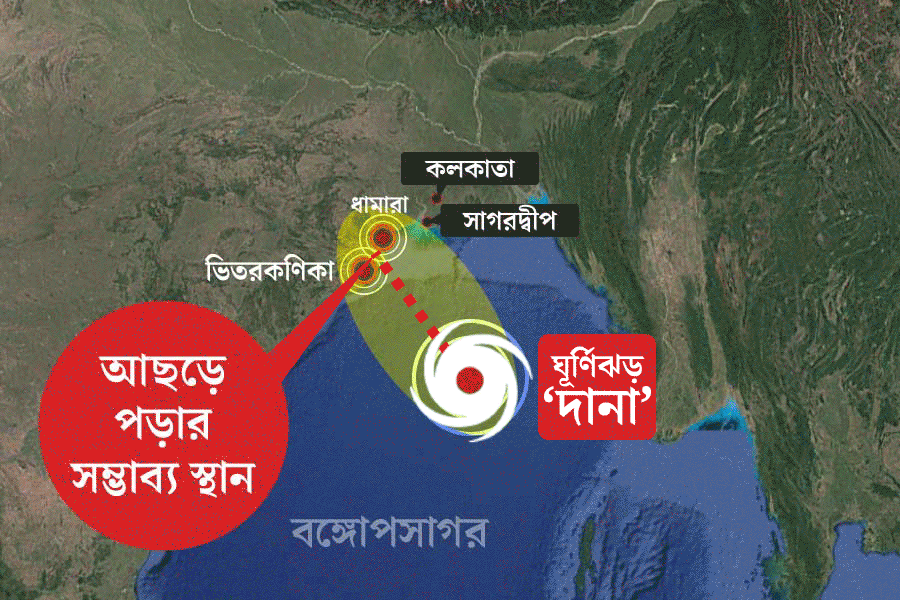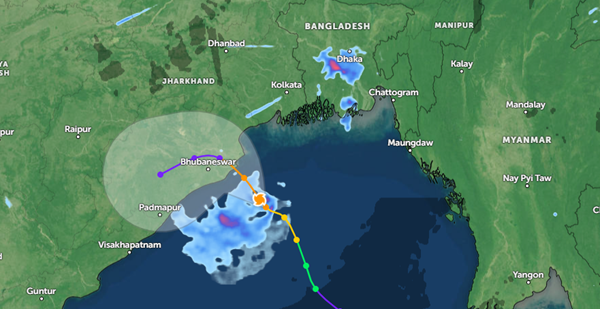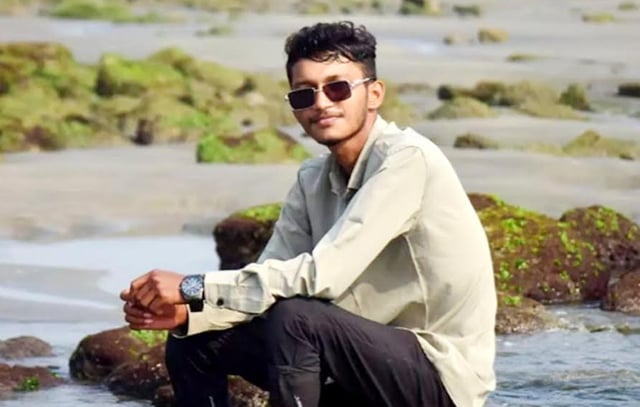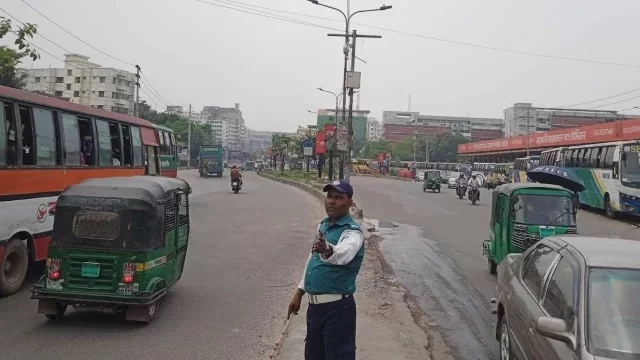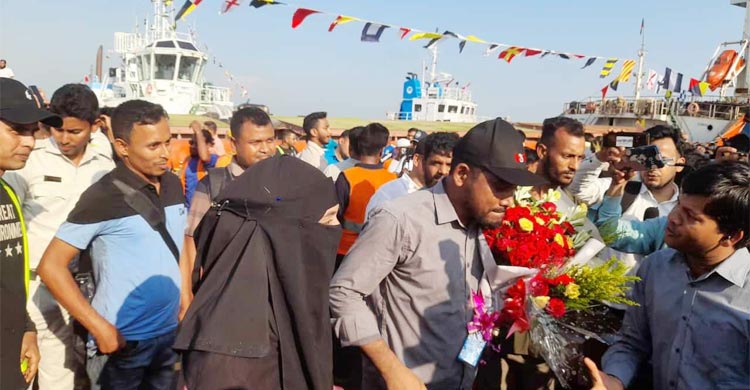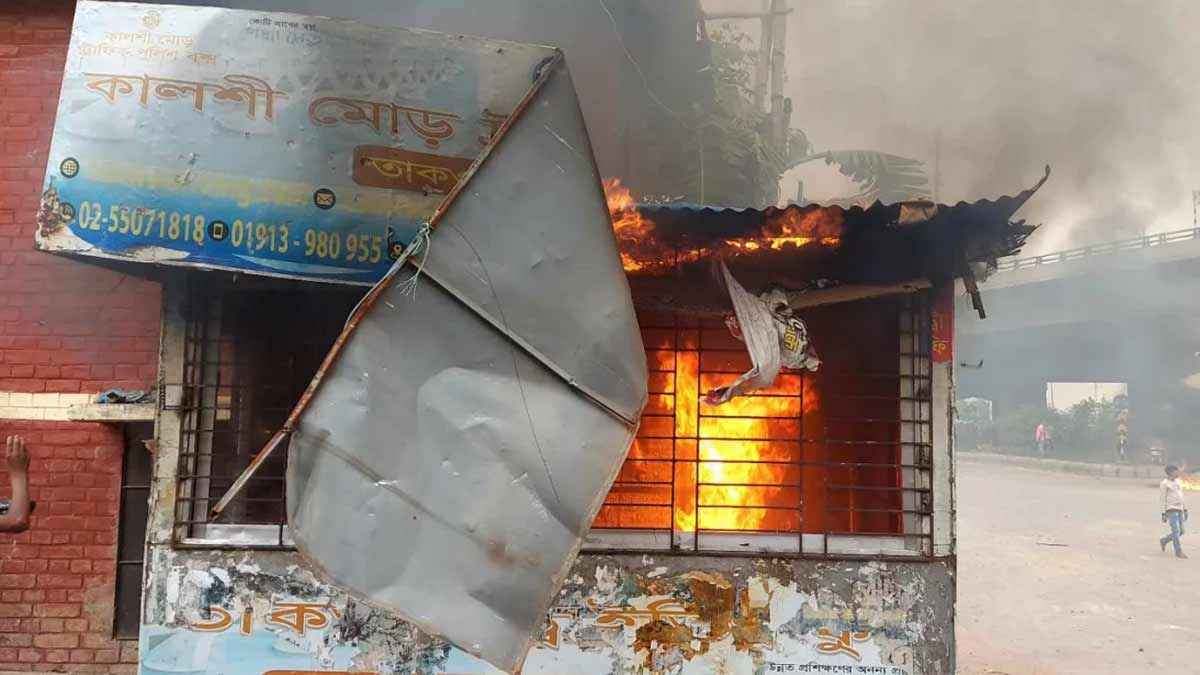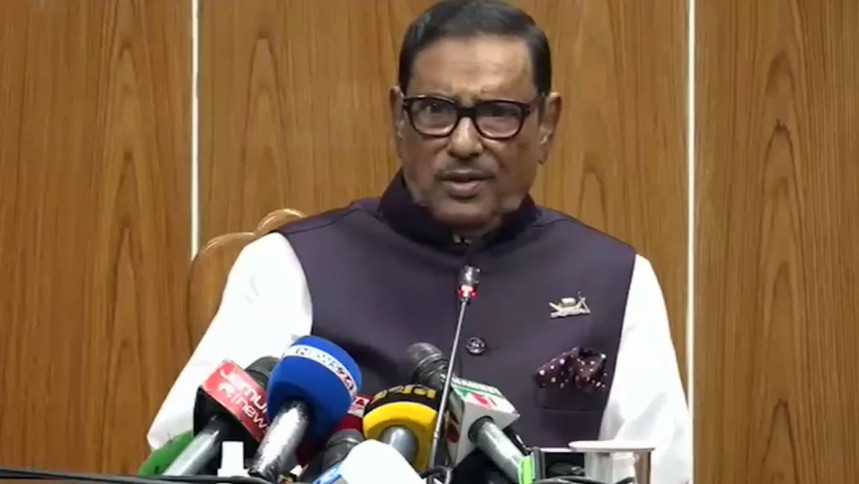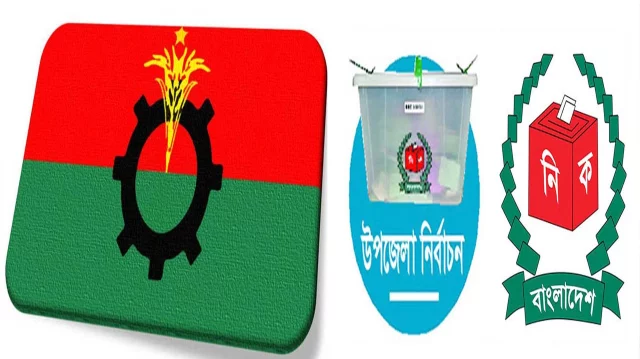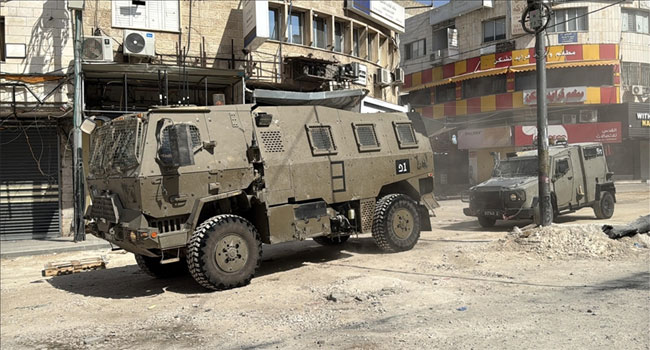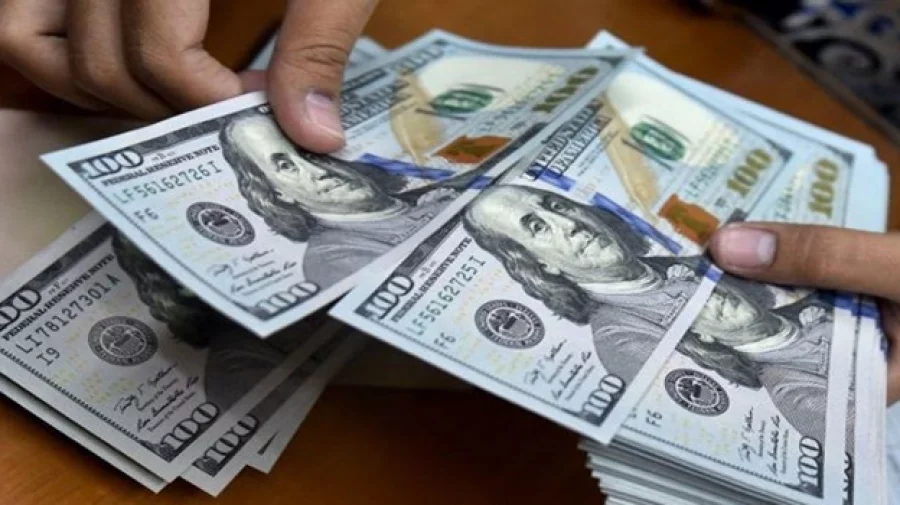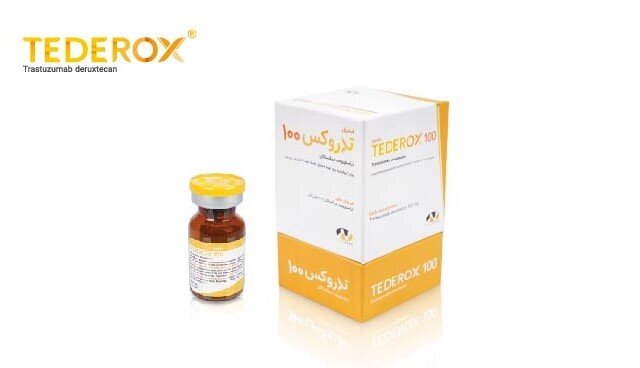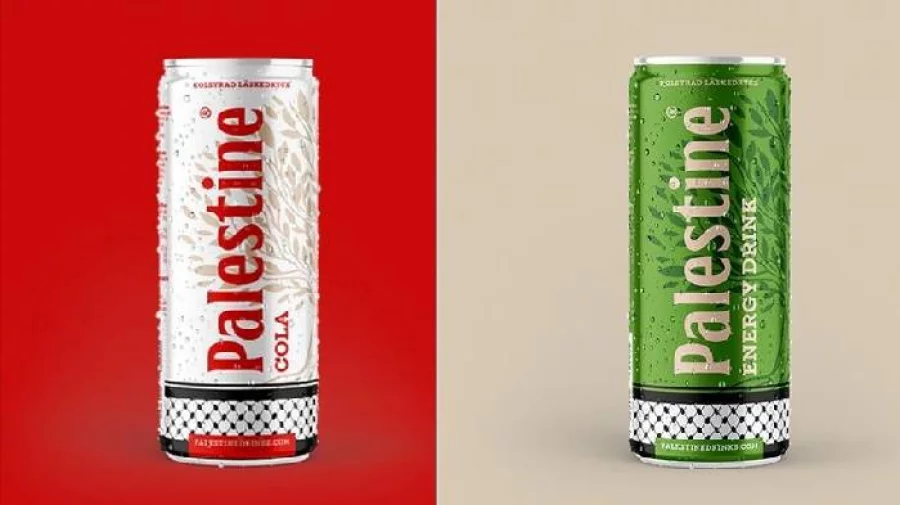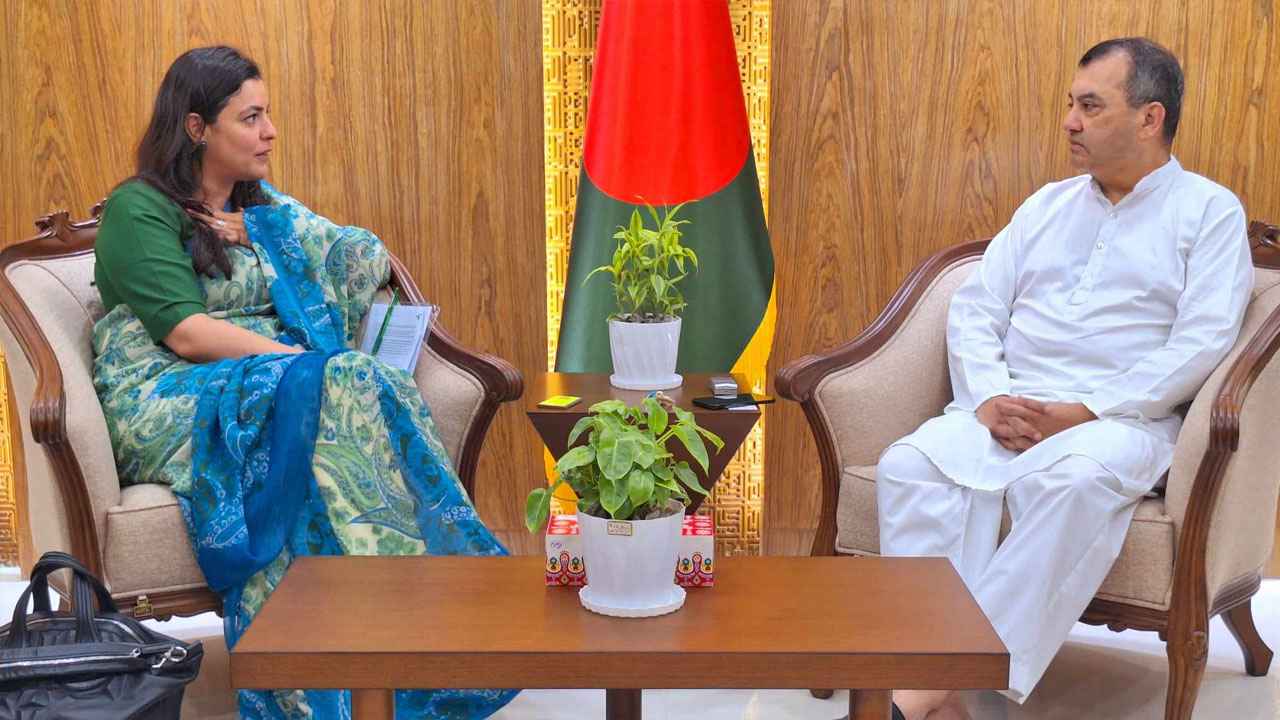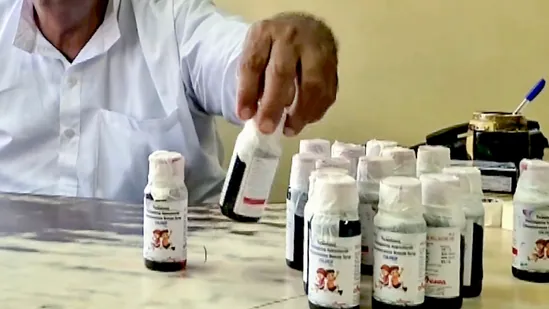
Authorities in Madhya Pradesh have reportedly arrested a doctor in Chhindwara district after 11 children died from consuming contaminated cough syrup.
The doctor has been identified as Praveen Soni. He is alleged to have prescribed the Coldrif syrup to several children, most of whom were treated at his clinic in Parasia, according to a report in Times of India.
Police have also registered a case against the Tamil Nadu–based pharmaceutical company that manufactured the syrup over the suspected contamination.
Madhya Pradesh police registered an FIR early Sunday at Parasia police station in Chhindwara district against Sresan Pharmaceuticals, a Tamil Nadu–based drug manufacturer, and a local paediatrician, the ToI report added.
The complaint stated that several children under five years of age died after being given the cough syrup, which laboratory tests later found to contain diethylene glycol (DEG), a poisonous chemical commonly used in antifreeze and brake fluids.
Chhindwara district collector Sheelendra Singh cited biopsy reports indicating that kidney tissue analysis of the affected children suggested contamination DEG in the cough syrup they had consumed.
Earlier, Hindustan Times reported that the Madhya Pradesh government had officially banned the sale of Coldrif cough syrup statewide after nine deaths were reported in Parasia Tehsil, Chhindwara, allegedly linked to kidney-related complications from contaminated syrup.
“The concentration of diethylene glycol was found to be over 48% compared to the permissible limit of just 0.1% in Coldrif. The concentration is extremely dangerous,” drug controller DK Maurya said.
“So far, the syrup appears to have been supplied only in the Chhindwara area. It has not been found in other districts. But we have alerted all the drug inspectors to monitor its presence,” Maurya added, noting that test results for Nexa DS, another suspected syrup, are still awaited.
The development follows the Tamil Nadu government’s ban on Coldrif cough syrup effective October 1, along with orders to remove it from the market after suspicions linked the product to the deaths of 11 children in Madhya Pradesh and Rajasthan.
